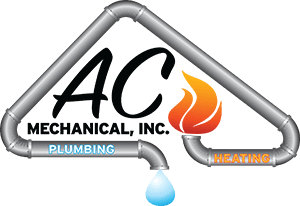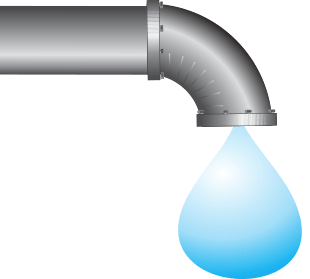Air filters are an important component in air conditioners, furnaces and other HVAC equipment. They capture airborne particles responsible for dust, mold and mildew, allergies and more as they travel through your HVAC system. Filters aren’t the same, as there are many different designs.
Differences Between Filter Design
The core job of an air filter is to trap airborne substances before they negatively affect your indoor air quality. How they accomplish that is surprisingly diverse. Some filters can trap smaller particles that would otherwise reach your air ducts. Other filters are reusable and can be washed or cleaned instead of replaced. Here are some ways you can separate different filter designs.
MERV Rating
The minimum efficiency reporting value or MERV rating distinguishes the smallest particle the filter is capable of trapping. These particles are measured in microns, and the MERV rating scale ranges from 3.0 to 10.0 microns.
The US Department of Energy suggests a minimum MERV rating of 13, and many filters feature a rating of 16, the highest for residential equipment. These filters are highly effective, capable of trapping most airborne particles. When looking for the right HVAC filter, the MERV rating will help you find what you’re looking for.
Maintenance
Some filters are designed to be used once before being replaced with a new one. Other filters can be used multiple times but should be washed or thoroughly cleaned between uses. The frequency of maintenance may also differ, with some filters needing it monthly. If filter maintenance is inconvenient for you, smart HVAC accessories can provide helpful reminders.
Types of HVAC Filters
These days there are many different types of HVAC filters. Brand and cost should be considered as well as the types of particles you’re most concerned with.
What type of filter is used for…
- Odors and smoke: An activated carbon filter uses absorbent pores to trap airborne particles. The carbon pores are also effective at capturing Volatile Organic Compounds (VOCs) such as cleaning products and other chemicals.
- Dust, dander and more: Indoor contaminants can hold a small electrical charge. An electrostatic filter generates a charge of its own to attract indoor particles. Many electrostatic filters are also reusable after washing.
- Pollen and other outdoor particles: For one of the most effective options, use a High Efficiency Particulate Air (HEPA) filter. This filter is commonly available and can trap up to 99% of airborne particles. Keep in mind that this also means a HEPA filter is bulkier than other designs and may restrict airflow.
A qualified HVAC professional can help you find the perfect filter for your HVAC system. AC Mechanical technicians take advantage of years of training and experience to provide the expert recommendations you rely on.


